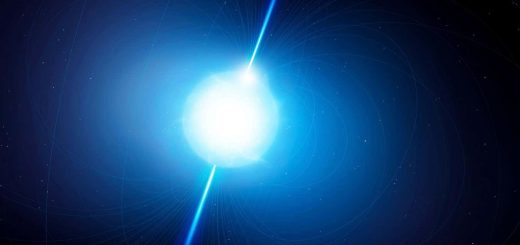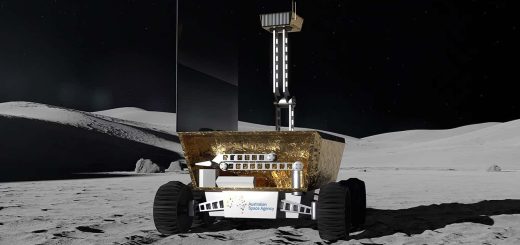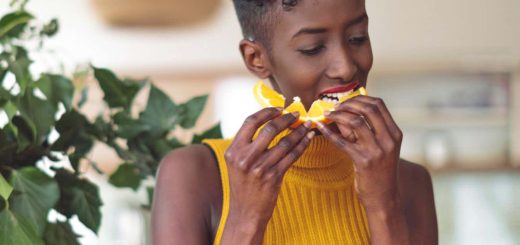Mouse embryos have been grown in space for the first time
An experiment on the International Space Station suggests early embryo development isn’t affected by the low-gravity, high-radiation conditions
By Alice Klein
27 October 2023
A microscope image of mouse embryos after they had returned from the International Space Station
Teruhiko Wakayama/University of Yamanashi
Mouse embryos have been cultured on the International Space Station (ISS) for the first time to explore whether it might be safe for humans to become pregnant in space.
“There is a possibility of pregnancy during a future trip to Mars because it will take more than 6 months to travel there,” says Teruhiko Wakayama at the University of Yamanashi in Japan, who led the study. “We are conducting research to ensure we will be able to safely have children if that time comes.”
Wakayama and his colleagues performed the first steps of the experiment in their lab on Earth, extracting embryos that were at an early two-cell stage from pregnant mice and freezing them.
Advertisement
The frozen embryos were sent to the ISS on a SpaceX rocket that launched from Florida in August 2021. They were stored inside special devices that Wakayama’s team designed so that astronauts on the station could easily thaw the embryos and culture them for 4 days. The astronauts then chemically preserved the embryos and sent them back to Earth on a return vessel.
The embryos were only grown for four days because they can only survive for that length of time outside a uterus, says Wakayama.
His team studied the returned embryos to see if their development had been affected by their exposure to the higher radiation and low gravity – known as microgravity – in space.


